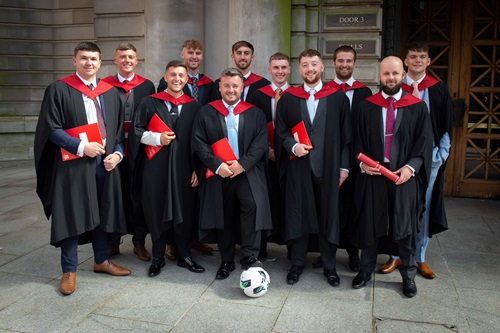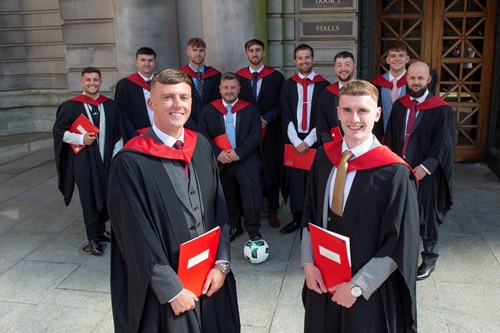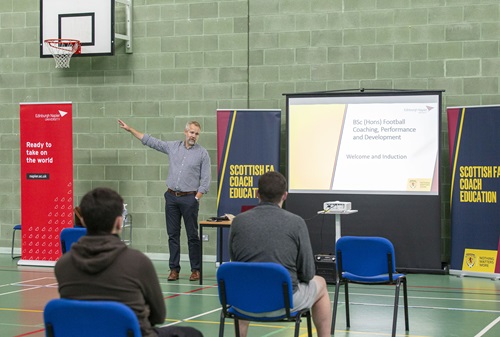
Edinburgh is well represented at this year’s Scottish Muslim Awards. Among the capital’s shortlisted nominees are:
Mick Napier from Edinburgh
He is nominated for non-Muslim supporting Muslims
Mick Napier In 2000, at the start of the Palestinian Intifada, Mick co-founded the Scottish Palestine Solidarity Campaign (SPSC), driven by outrage over the Israeli army’s admission of firing one million bullets at unarmed Palestinian demonstrators during the uprising.
Since then, SPSC has been tirelessly campaigning to support the Palestinian call for boycotts and isolation of the Israeli regime and its international supporters. Currently, Mick and SPSC are focused on pressuring the Scottish Government to recognize the ongoing genocide in Gaza and Palestine.
They organize across Scotland and work with international partners to oppose the regime’s genocidal plans to erase Palestinian presence, including the destruction of the Al Aqsa Mosque.
Over the past two decades, during every major Israeli offensive, Mick has faced and successfully defeated criminal charges ranging from racism and terrorism to violent assault. Despite a conviction for organizing protests without paperwork, Mick remains undeterred. Mick has three children and two granddaughters, who are both keen to make Mick a great-grandparent.
Amir Hussain, Napier University, Edinburgh
Nominated for innovation
Amir Hussain is a distinguished academic and researcher with extensive experience in the fields of AI and robotics. He earned his B.Eng. (Highest 1st Class Honours with Distinction) and Ph.D. degrees from the University of Strathclyde in 1992 and 1997, respectively. Following postdoctoral and academic roles at various institutions, including the University of West of Scotland, University of Dundee, and University of Stirling, he joined Edinburgh Napier University in 2018 as a Chair Professor in the School of Computing.
Hussain is the founding Director of the Centre for AI and Robotics (CAIR) and leads the Trustworthy Data Science and Cyber Analytics Research Group. He holds several Visiting Professorships, including at the University of Electronic Science and Technology of China and Xi’an Jiaotong-Liverpool University. He also serves as Turing Academic Lead for the University Network of the Alan Turing Institute and advises on AI strategy internationally, including for Kuwait’s National AI Strategy.
Amana Food, Edinburgh
Nominated for the business award.
Amana Food Products Company, founded in Scotland in 2019, is a pioneering example of Palestinian entrepreneurship abroad.
The company aims to support the Palestinian economy by purchasing directly from small farmers, ensuring fair income and sustainability. By importing high-quality products like dates, olive oil, and thyme, Amana has introduced Palestinian goods to British markets, making them strong competitors globally.
More than a business, Amana’s strategy focuses on uplifting Palestinian families and farmers, providing access to international markets that would otherwise be unreachable. This commitment to social responsibility, combined with business success, showcases how companies can blend profit with purpose.
Amana serves as an inspiring model, demonstrating that values-driven entrepreneurship can foster sustainable development and positively impact Palestinian society, while promoting Palestinian products on the global stage.
The Scottish Muslim Awards winners will be announced at an event in the Glasgow Hilton on 29 September.





















